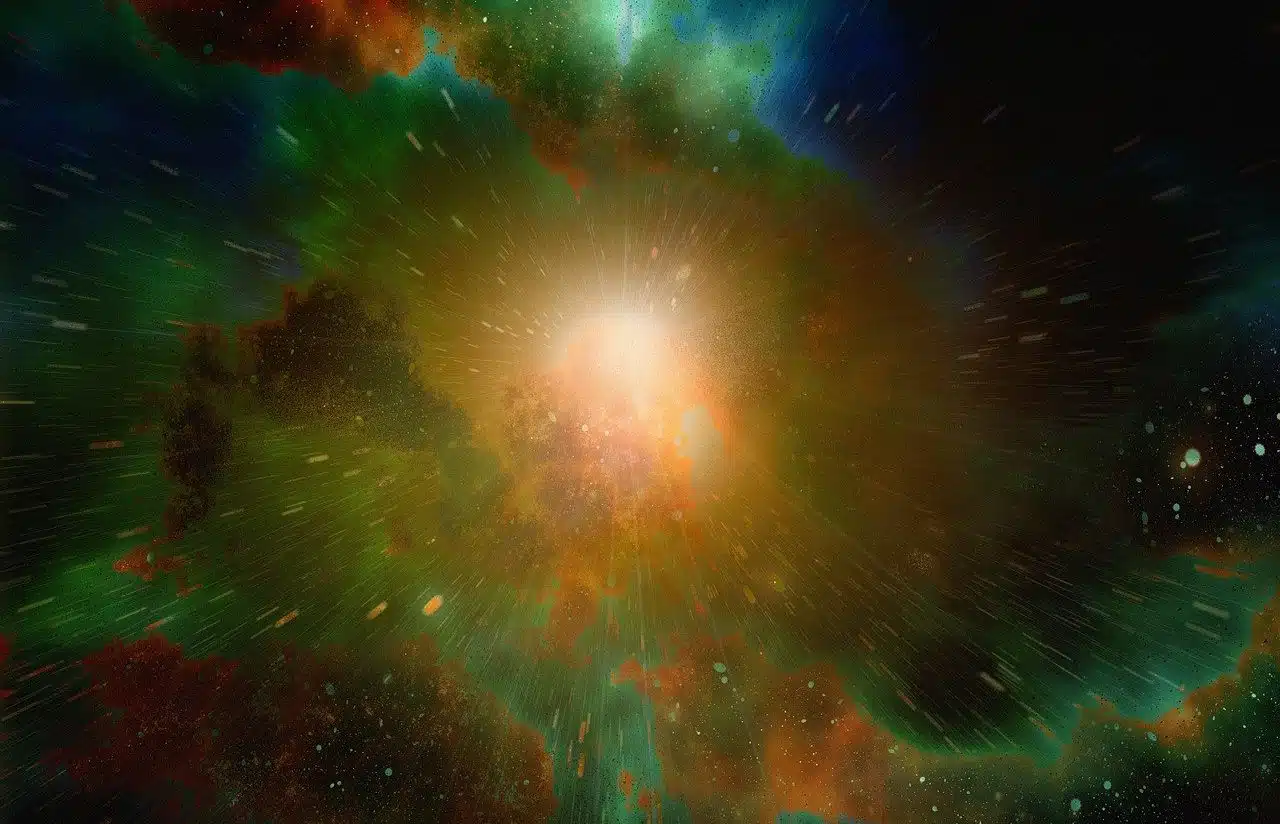
Physics studies motion, force, and other fundamental phenomena.
Physics is a term that comes from the Greek phisis and means "reality" or "nature." It is the science that studies the properties of nature with the support of mathematics .
Physics is responsible for analyzing the characteristics of energy , time and matter , as well as the links established between them.
For example: "Tomorrow I have to take a physics exam , " "The vase fell due to the laws of physics," "A physics expert warned that moving at that speed creates a risk for the athlete."
Theories and experimentation
This science does not only develop theories: it is also a discipline of experimentation . Their findings, therefore, can be verified through experiments. Furthermore, their theories allow us to establish predictions about tests that will be developed in the future.
Relativity (which takes into account the field of space-time and the interrelationships of gravity), electromagentism (studies light and other electromagnetic issues), classical mechanics (focuses on the displacement of bodies) and quantum mechanics (specialized in the atomic universe) are part of the main theories of physics.

Temperature, mass, density, acceleration and velocity are physical quantities.
Physics, a fundamental science
Thanks to its vast scope and extensive history, physics is classified as a fundamental science . This scientific discipline can be dedicated to describing the smallest particles or explaining how a star is born, to mention a few possibilities.
Galileo Galilei, Isaac Newton y Albert Einstein han sido algunos de los físicos más reconocidos de la history. El desarrollo originario de la física, de todos modos, quedó en mano de los filósofos griegos.
Discoveries in Ancient Greece
In this sense, we should highlight, for example, the figure of Empedocles , who was a Greek philosopher and physicist who demonstrated the existence of air. And he did it using a device that was called the hourglass , which was a copper sphere that filled with water when it was submerged in said liquid and was characterized by having holes in the bottom and an open neck.
Thus, with it he demonstrated that when the sphere was taken out of the water without covering the neck, the liquid came out through all the holes. However, when the same operation was done but the neck was covered, the water did not come out because the air was responsible for hindering the passage of the liquid.
In the same way, we can also talk about another physicist from antiquity, such as Democritus . This thinker is considered the father of the atomistic school and what he did was state that atoms cannot be divided at any time.

Physical cosmology analyzes the origin of the universe that can be observed.
Branches of physics
There are multiple branches of physics, according to the specific fields of study of each area. In this sense we can talk about physical chemistry , quantum physics , astrophysics , nuclear physics or geophysics , for example.
Classical mechanics , acoustics , optics and meteorology can also be considered branches of physics. As can be seen, the object of interest of this fundamental science is very broad.
Most important laws and principles
Throughout history, physicists have postulated laws and principles that contributed to the understanding of numerous phenomena. Among them are:
- Newton's Law : There are actually three; Each Newton's law offers an explanation to problems that arose in classical mechanics. The person who postulated these statements was Isaac Newton ( 1643 – 1727 ).
- Ohm's Law : Proposed by Georg Simon Ohm ( 1789 – 1854 ), it contributes to the understanding of electrical circuits.
- Pascal's Principle : It was established by Blaise Pascal ( 1623 – 1662 ), stating that the pressure exerted towards a fluid spreads uniformly.
- Archimedes principle : Archimedes of Syracuse ( 287 BC c. – 212 BC c. ) fue quien analizó lo que sucede con un cuerpo cuando está parcial o totalmente sumergido.
- Pauli exclusion principle : Wolfgang Ernst Pauli ( 1900 – 1958 ) afirmó que, en un determinado sistema cuántico, no pueden existir dos fermiones con el mismo estado cuántico.
- Planck's constant : This constant referring to the elemental quantum of action was discovered by Max Planck ( 1858 – 1947 ).
- Schrödinger equation : This equation, which owes its name to Erwin Schrödinger ( 1887 – 1961 ), makes it possible to describe how a quantum subatomic particle that has mass evolves in a non-relativistic environment.
Physical education and physical geography
In addition to everything mentioned, it must be emphasized that we also use the term physics to form, together with other words, concepts that are widely used in our current society. Thus, for example, we talk about physical education to refer to the educational subject that revolves around exercises and knowledge to achieve good body development.
And we should not forget the expression physical geography , which is that part of geography that basically focuses on the configuration of the seas and the land.
